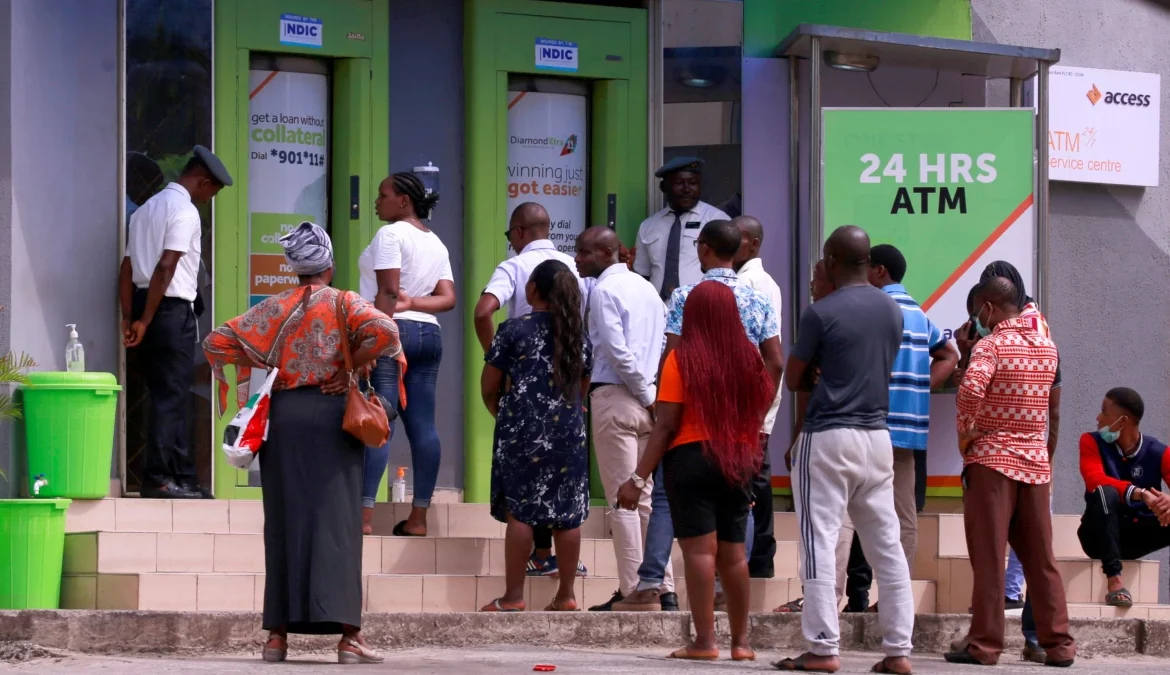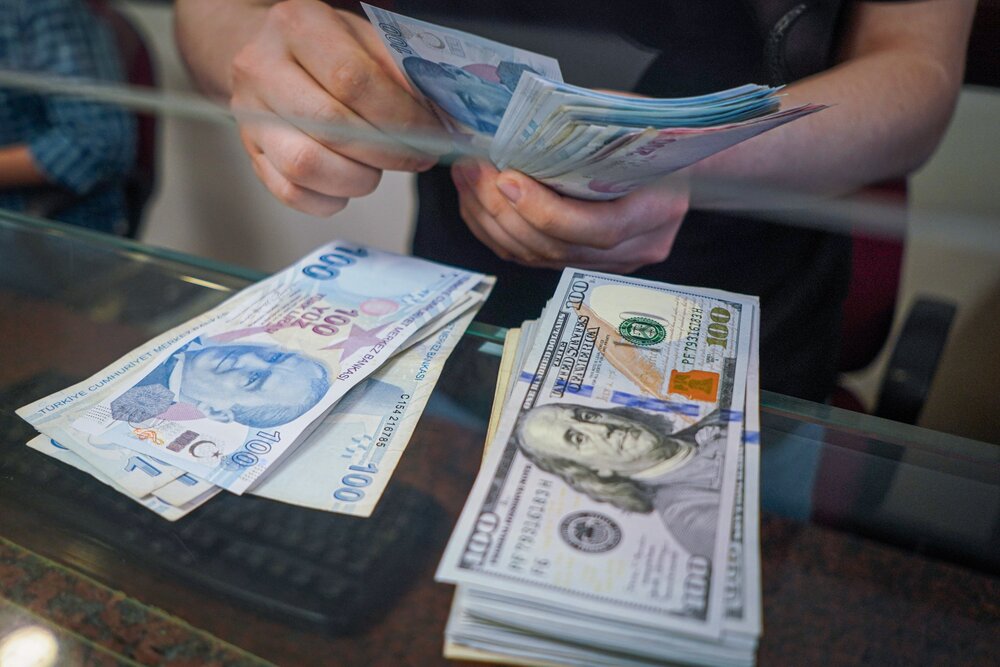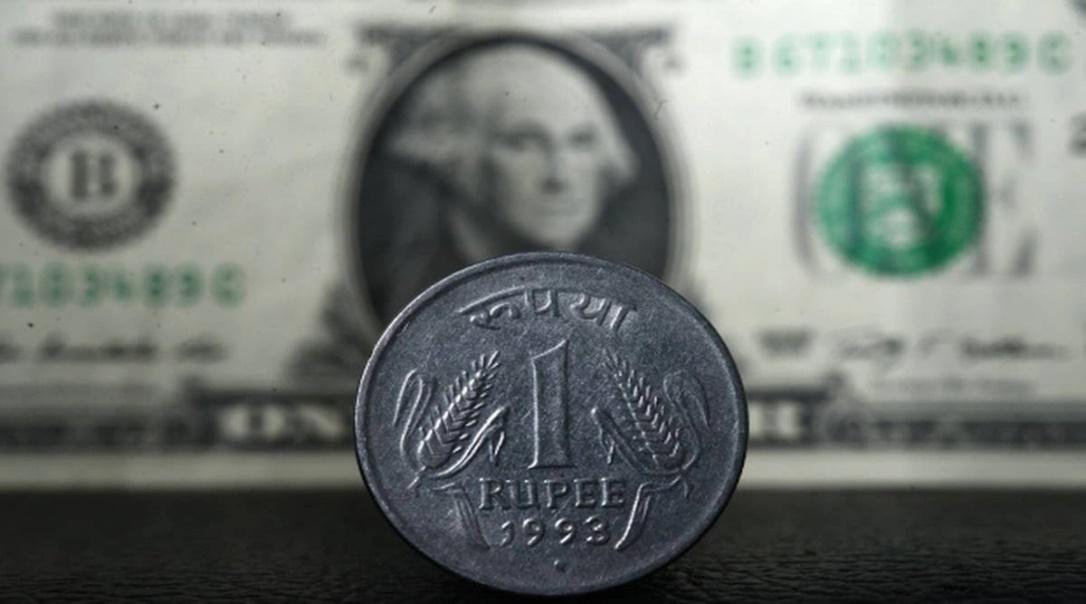On Friday morning, dozens of Nigerians stood in line at an ATM in the country’s financial core. The goal was to get new bigger denomination naira notes before a January 31 mandate that will make old notes invalid.
Most of Nigeria’s banks have head offices on one of the busiest streets in Lagos’ Victoria Island district. The only ATM dispensing the new notes was one owned by Guaranty Trust Bank Plc. However, just one of the building’s six ATMs dispensed the updated bills at that time. However, the deadline for a change is January 31.
Bloomberg reporter visited the area around 11 a.m. on Friday. At that time, ATMs at four other banks within a block of the GTBank branch did not dispense cash.
What Is the Degree of Disruption so Far?
Abibat Abdullahi, a Nigerian citizen, went to more than six ATMs on Adeola Odeku Street in an attempt to get the new banknotes. None of the ATMs paid. Since many merchants refused to accept them, her wallet included old notes she could not “exchange.”
There’s an ongoing fear among merchants that they may not be able to exchange old notes for new ones by Tuesday. Commercial operations in Nigeria‘s huge informal sector, mostly conducted on cash, are coming to a halt. ATMs or bank agents throughout the nation may only provide you with new banknotes. In addition, they must be swapped for the old ones.
Despite requests from lawmakers to postpone the date when the old notes will no longer be legal tender, the central bank has refused.
If Central Bank of Nigeria Governor Godwin Emefiele does not appear before lawmakers to explain currency shortages, Speaker of the Nigerian House of Representatives Femi Gbajabiamila threatened on Thursday that he would order his arrest.
Since mid-December, Africa’s most populated country has started changing its 200-, 500-, and 1000-naira banknotes to collect excess money outside the banking system. At least 2 trillion nairas ($4.3 billion) in cash should return to banks by the end of the month, according to the Central Bank of Nigeria.
















